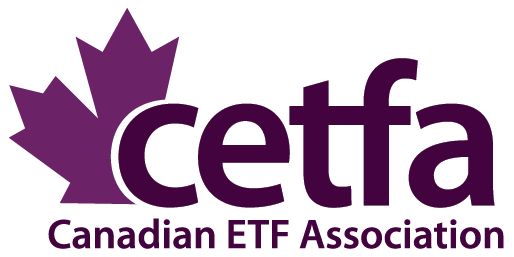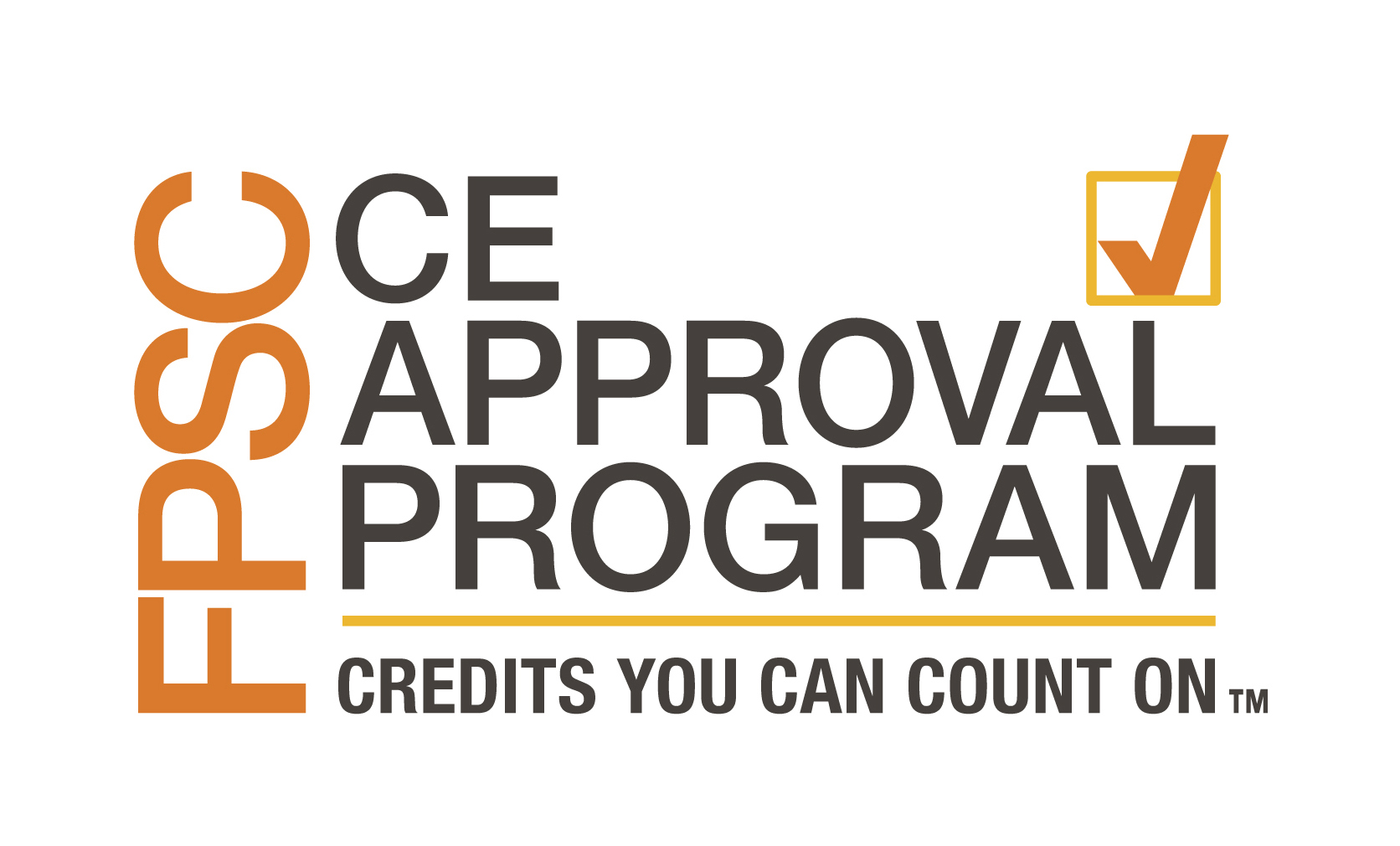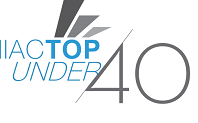Mutual-fund representatives a step closer to greater ETF access
The Globe and Mail
Published
Last updated
Mutual-fund representatives a step closer to greater ETF access

Provincial regulators have approved a new policy that will ensure financial advisers who sell exchange-traded funds meet a minimum set of education and training standards.
In a notice posted by the B.C. Securities Commission – along with commissions in Alberta, Saskatchewan, Ontario, New Brunswick, Nova Scotia and Prince Edward Island – approved the Mutual Fund Dealers Association of Canada’s proposed new proficiency standard for any individuals licensed to sell ETFs.
The MFDA rules will require investment firms to ensure their advisers receive the appropriate training, which must, at a minimum, include: detailed product knowledge in respect of the ETFs approved for sale by the firm; how market quotes will be obtained; the types of trades accepted and the information required for each trade accepted; the disclosure information required for each transaction; how evidence of trade instructions (whether executed or unexecuted) and disclosures will be maintained; and how trade orders will be processed.
Under MFDA rules, an adviser must not perform an activity that requires registration under securities legislation unless that individual has the education, training and experience necessary to perform the activity competently, including understanding the structure, features and risks of each security that the adviser recommends.
Currently, mutual-fund licensed representatives are licensed to trade in exchange-traded funds that meet the definition of a mutual fund under securities legislation. This includes the majority of ETFs in the marketplace. But up until recently, the inclusion of exchange-traded funds training for mutual-fund representatives was not deemed necessary as a majority of Canada’s mutual fund dealers do not have direct access to a securities exchange to settle an ETF trade. As a result, the existing mutual-fund course does not include ETF products.
There are approximately 83,000 mutual-fund advisers in Canada – but getting them access to a securities exchange has been a slow-moving project for the ETF industry.
The Canadian ETF Association, along with other industry groups, provided a back-office solution in 2015 in which dealers could gain access to an exchange through a partnership with custody and trade-execution provider National Bank Correspondent Network. As well, Toronto-based financial-technology startup Vexo Technology Solutions Corp. is in the midst of launching ETFbahn, a trading platform that will allow mutual-fund dealers and their financial advisers to gain widespread access to ETFs. (It currently is in beta testing with several mutual-fund dealers.)
Despite the industry looking to provide wider access for both investment advisers and investors, the adoption rate has been minimal from mutual-fund dealers. Investment guru Michael Lee-Chin firm’s Mandeville Wealth Management was the first out of the gate to allow his mutual-fund advisers access to an ETF offering, but because of educational proficiencies, only those advisers who completed the Canadian Securities Course are permitted to handle ETF orders.
Now, with the approval of education and training requirements, mutual-fund representatives are one step closer to having greater access to an investment product that is increasing in popularity with Canadians. As of June, 2017, Canadian ETF assets totalled $130.9-billion – up from approximately $100-billion in June, 2016.
“We recognized early on the value of ETFs and, more importantly, the need for education on how to appropriately use them,” says Laurie Clark, chief executive officer at Smarten Up Institute, one of the three approved education providers for ETF courses. “It’s gratifying to see our educational offering recognized by the MFDA and we are excited to be able to participate in a development that adds new options for advisers seeking to meet their client’s investment needs.”






Follow SUI